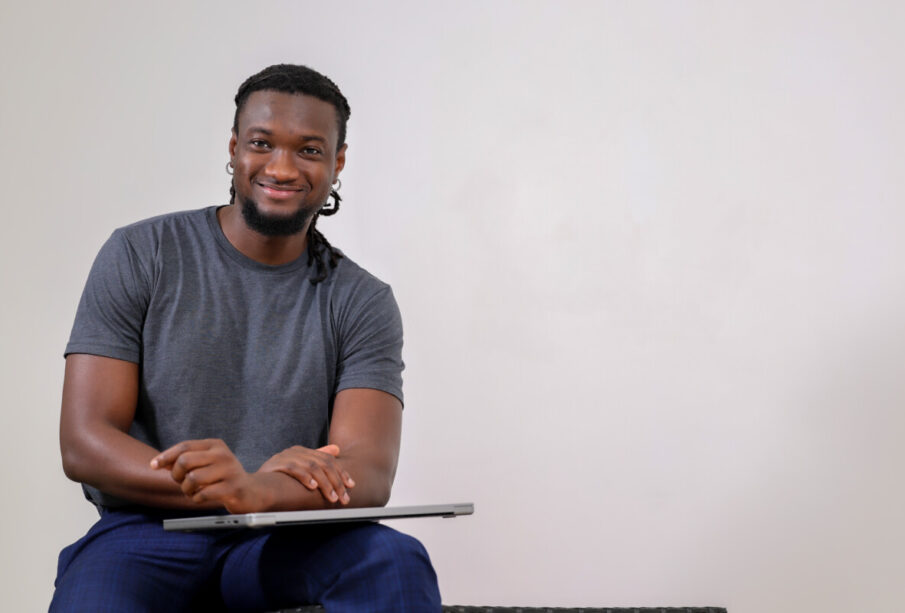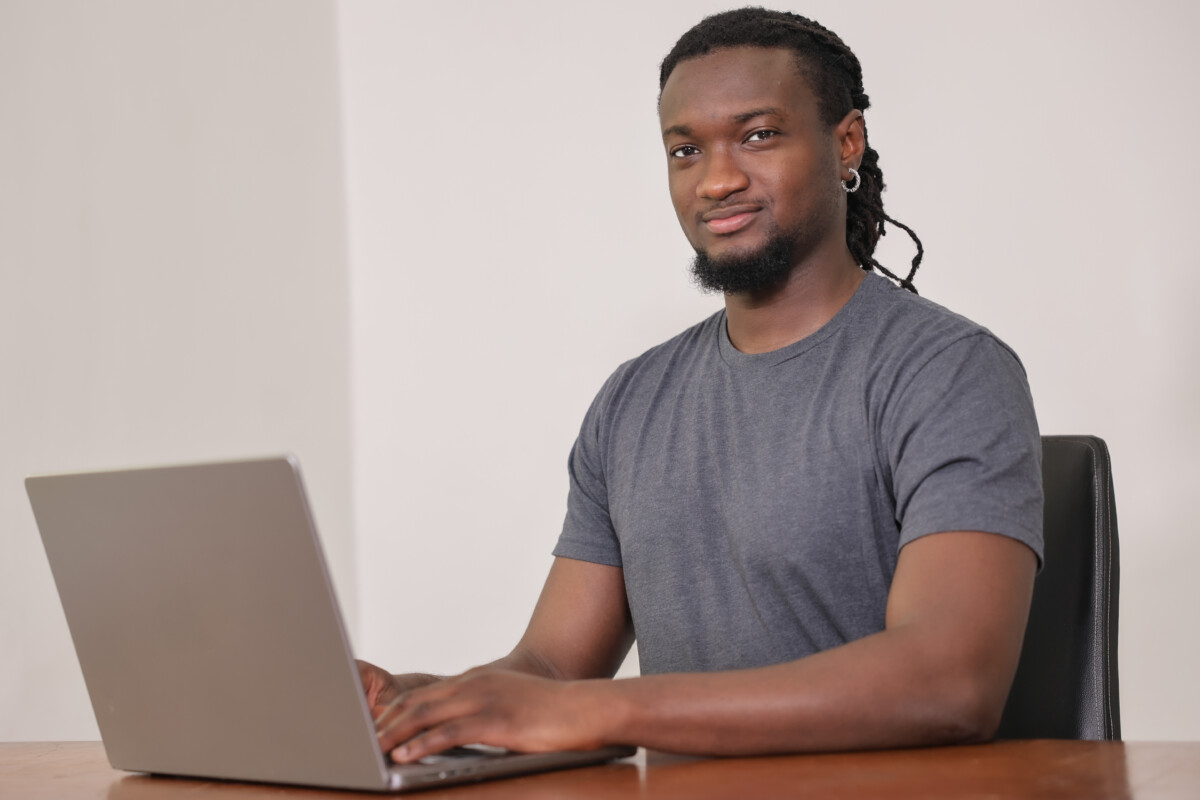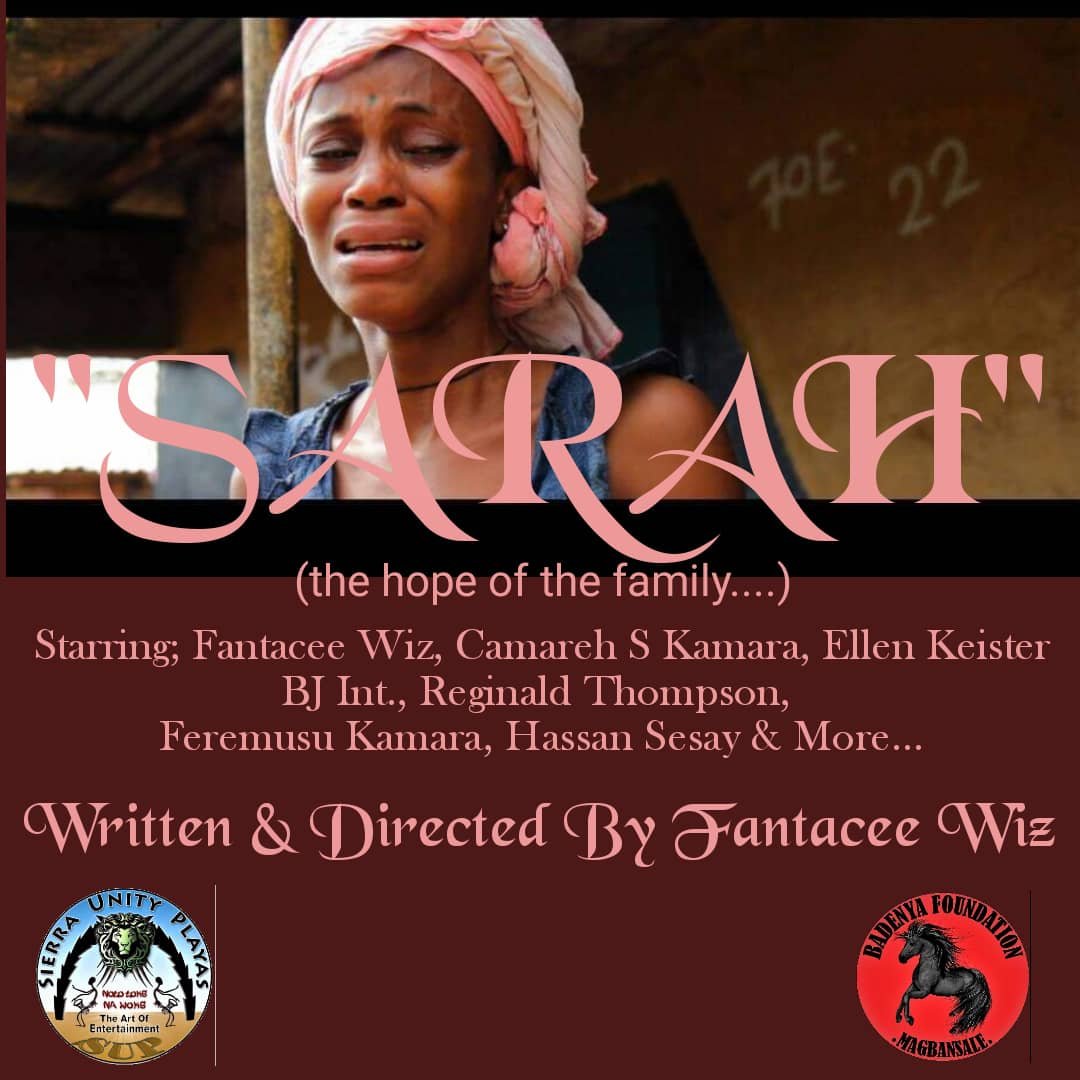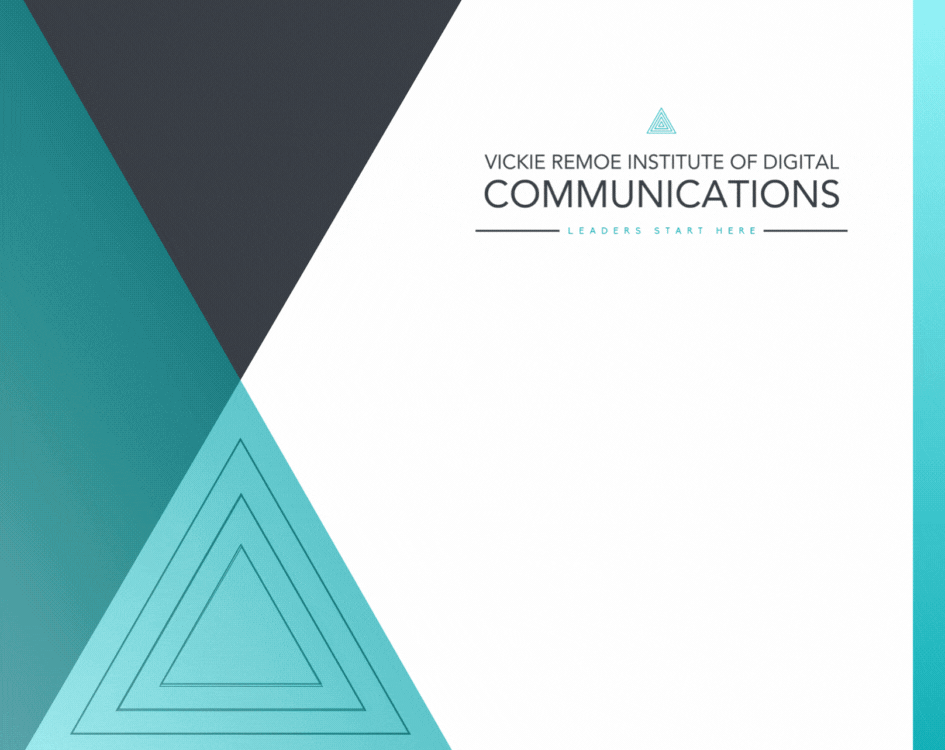Ebola Hero Takes On Financial Inclusion: Salton Massally’s Journey To Mikashboks

In June 2010, Salton Massally left New York City and returned to Freetown heartbroken. Three years earlier, he had left Sierra Leone with an envelope full of cash to learn how to build planes at the Department of Aeronautical Engineering at The University at Buffalo. That never happened. Instead, he left America with no degree, money, or job.
Little did he know that in five years, he would rise to the helm of Sierra Leone’s nascent fintech industry and become one of the nation’s brightest entrepreneurs. Between 2010-2017, Massally created technology that averted a payroll crisis during the ebola outbreak, sold his first startup, and created Mikashboks, a group saving and lending app. This is the story of Massally’s rise from dropout to award-winning entrepreneur and a globally acclaimed financial inclusion expert.
By the time Massally graduated high school, he had already demonstrated a high IQ. He aced his national exams and had the second-highest scores country-wide for O Levels and the National Primary School Exams. While he thrived academically, Massally preferred his own company over socializing.
“My favorite thing to do was to dismantle my Dad’s electronics. He had to hide them because if I got my hands on a radio or camera, I was taking it apart to understand how it worked.”
That penchant for self-learning grew with him. At 17, already out of school, Massally got his first laptop when he left Sierra Leone to attend Buffalo University in New York. Like most teens of the day, social networks like Hi5 and Facebook took up most of his time, that is, until he had a crush on a girl.
“It seemed like a brilliant idea to create a web page to tell her how I felt, but I just had a laptop then. I had no idea how to create a web page, but if others could, so could I.”
He built a web page with hearts and pictures. Except there was only one problem. He needed to learn how to host the page.
“The girl never had the opportunity to see it, but in the midst of that, I discovered my passion for programming.”
He thrived at Buffalo, but getting there had taken years of financial planning by his mom. When she handed him an envelope with thousands of dollars to cover his first year’s tuition and expenses, it was all her savings. She had spent years saving in an Osusu. Every month, she made contributions, and when it was her turn, she took her share to put away for Massally.
He made the Dean’s list with a 3.8 GPA, but most importantly, he became a better learner. He was doing the classroom work while at the same time exploring tech on his own.
However, one year after he started, he had to drop out.
“My dad, who was a doctor, could no longer work. He developed Parkinson’s Disease. My mom became his full-time caregiver, and we became a one-income household.”
The Osusu she had relied on was still there, but it would take a long time for her to be able to save as she had before. Even though she was a financial director at a national agency, she couldn’t get credit to pay for Massally to stay in college.
“No bank would lend to her, and she could not use the equity and goodwill she had created by being part of osusu groups for years.”
When his mom couldn’t get a loan, Massally dropped out of UB and returned to Freetown. With no job and still struggling to accept that he’d never be able to realize his dreams of building planes, he went online searching for education.
“I would say I increased the rate at which I was learning because I didn’t have to bother myself with other topics or taking tests. The tests for me switched from being able to prove knowledge by answering a set of questions to solving problems.”
Once he recovered from the disappointment of not completing his degree, he set his sights on building software to make it easier for job seekers and prospective employers to find each other.

“When I came back, I had a cousin who had finished university but had difficulty finding jobs. Every morning, he went through the same routine—buying a bunch of newspapers and scanning the pages to see if he could find a job. When he saw the ones that fit his qualifications, he put together an application for those jobs, which involved getting his CV printed, finding an envelope to package those documents, and paying the transport to drop off these huge brown envelopes. It was expensive and time-consuming,”
Thousands of job seekers were repeating the same process, as were the employers paying for the job adverts.
“It seemed like the conditions were right; the marketplace was ready, but no solution solved the problem for both sides. So, the first thing I did was to build a job hub. It still exists, Careers.sl.”
Over the past decade, Careers.sl has had 600,000 job seekers and 2,000 employers using the platform for search and recruitment. Careers.sl left no one behind, unlike most platforms when it was founded. It had an SMS interface that allowed job seekers who didn’t have internet access to get SMS job alerts.
There were no initial plans to monetize Careers.sl. Massally wanted to make the job hunt more manageable, cheaper, and efficient. It was a success! Companies saw that the platform had more reach than newspapers and was much more affordable.
Two years after returning to Sierra Leone as a college dropout, Massally’s jobs hub became the launch pad for a new tech startup—IDT Labs, founded in his parent’s living room. At the same time, most startups struggled to raise seed capital, the success of Careers.sl opened doors—fast.
“That was huge, someone giving a 21-year-old $50,000, saying, hey, build something you would otherwise be doing for free. We moved IDT Labs out of my mother’s living room into a location we could call ours. We were able to bring on a founding team, and then we built cool things.”
After the success of Careers.sl, Massally, and his team ventured out. They tried to solve operations problems for local businesses. If a mining company needed payroll, they developed it; if a telco needed help with digitizing its tax obligations, they built that, too. At one point, they handled payroll for a mining company with 5,000 workers.
In 2014, Sierra Leone had an ebola epidemic. The national government’s medical workforce grew exponentially. It wasn’t just doctors and nurses at hospitals and clinics. Call center operators, trace and burial teams, security, and other contract workers spread nationwide. The government needed to disburse payments to frontline workers across the country while trying to limit the movement of people to curb the spread. Overwhelmed by its new payroll, the government couldn’t pay medical workers on time, so the ebola frontline workers went on strike.
“It was pretty grim. Dead bodies were left on the streets because frontline workers were risking their lives and being promised they would be paid, but it wasn’t happening. This put the Ebola response to a standstill.”
“We had just two weeks to scale our payroll system that handled a maximum of 5,000 employees to 50,000. We had to build fast. Before we worked on this project, they would load vans with bags of cash and go to the different treatment centers to pay the workers. We moved the payment system from cash to mobile money. We also set up a redressal system and district help desks to track complaints.”
At the height of the epidemic, IDT Labs paid 50,000 Ebola response workers every two weeks and processed up to eight million dollars monthly. Digitizing the payroll made a significant impact on the government’s ebola response. It saved lives and money. For Massally’s service during the epidemic, he was awarded the Queen’s Young Leader Award in 2017 by Her Majesty Queen Elizabeth II at Buckingham Palace.
As Sierra Leone moved into the post-ebola recovery period, one thing became clear: the epidemic had shown that banks had barriers to access for many people. Mobile money and payment systems developed by IDT Labs have proven new and more inclusive financial delivery models. To respond to these challenges, the government formed the National Financial Inclusion Strategy (NFIS) 2017-2020 with support from the UN Capital Development Fund (UNCDF).
“There was this fear initially that fintechs would kill traditional banking, not complement it. We found new ways to reach the market and delivered services more efficiently and consumer-centric.”
With the launch of the NFIS, the Bank of Sierra Leone (BSL) invited fintechs to a regulatory pilot sandbox. BSL challenged them to develop solutions to promote financial inclusion while ensuring consumer protection.
During that period, Massally founded MiKashBoks, an SMS-based savings scheme and marketplace for unbanked smallholder farmers.
“We were one of the first fintechs in that sandbox. Over two years, we proved that we had a viable and secure solution, and miKashBoks was allowed to exit the sandbox by the Bank of Sierra Leone.”
Just as MiKashBoks was finding its footing, Massally went to work for Kiva as Director of Global Implementation. He sold his stake in IDT Labs but kept MiKashBoks. In 2018, Massally left Sierra Leone to join Silicon Valley, this time as a fintech expert and award-winning software engineer.
“I joined Kiva because we had the same mission.”
“How can we provide better, more efficient ways for money to flow to people who need financial services like loans, savings, and insurance that are better suited for their income level and patterns.”
At Kiva, Massally led the deployment of Kiva Protocol, a platform that allows government identification systems to use blockchain to authenticate IDs and payments. He deployed the first national system in Africa in Sierra Leone.
Even though he found great success with Kiva, Massally was restless. He felt people like his mom who use informal group savings like Osusus demonstrated financial discipline that should give them access to credit.
He shared the first version of Mikashboks with colleagues at Kiva, Rachel Chang and Bruce Martinez. Together, they formed Mikashboks 2.0, a group saving and lending platform powered by social bonds. “We take what people are already doing offline in Osusu groups – saving and borrowing together – and bring it online. That makes it easier and safer but also will give underserved groups access to financial services.
“It’s not just a start-up venture for us; we have a personal understanding of the unfairness of exclusion and have decided we want to do something about it.”
Massally incorporated Mikashboks in the US in January 2021 in the United States. Then Mikashboks joined Harvard University iLabs’ incubator and later expanded to Sierra Leone, Nigeria, and Ethiopia. It has raised close to 1 million USD in pre-seed from investors globally.
Mikashboks is already garnering accolades. In 2022, at a pitch competition at Massachusetts Institute of Technology (MIT) Sloan Fintech Conference’s “Global Start-up Pitch Competition, it took second place and won the audience choice vote. They were also finalists of the Harvard Presidential Awards, even receiving a congratulatory note from the President of the United States, Joe Biden.
This month, Massally returned to Sierra Leone to launch Mikashboks.
“Everything that has happened in my life – dropping out of school, the work I did during Ebola, and launching the Kiva Protocol, everything has led me to this point—to end invisibility and improve the financial lives of the last billion. First, we launch at home, then Africa, and then the world.”
1 comment
Leave a reply
You must be logged in to post a comment.











I’m paid $185 per hour to complete the task using an Apple laptop. I absolutely didn’t think it was conceivable, but my dependable buddy convinced me to give this straightforward chance a go after she made $26,559 in just 4 weeks working on it. Visit the following page to find out additional
.
.
Instructions————————>> Www.Smartwork1.com